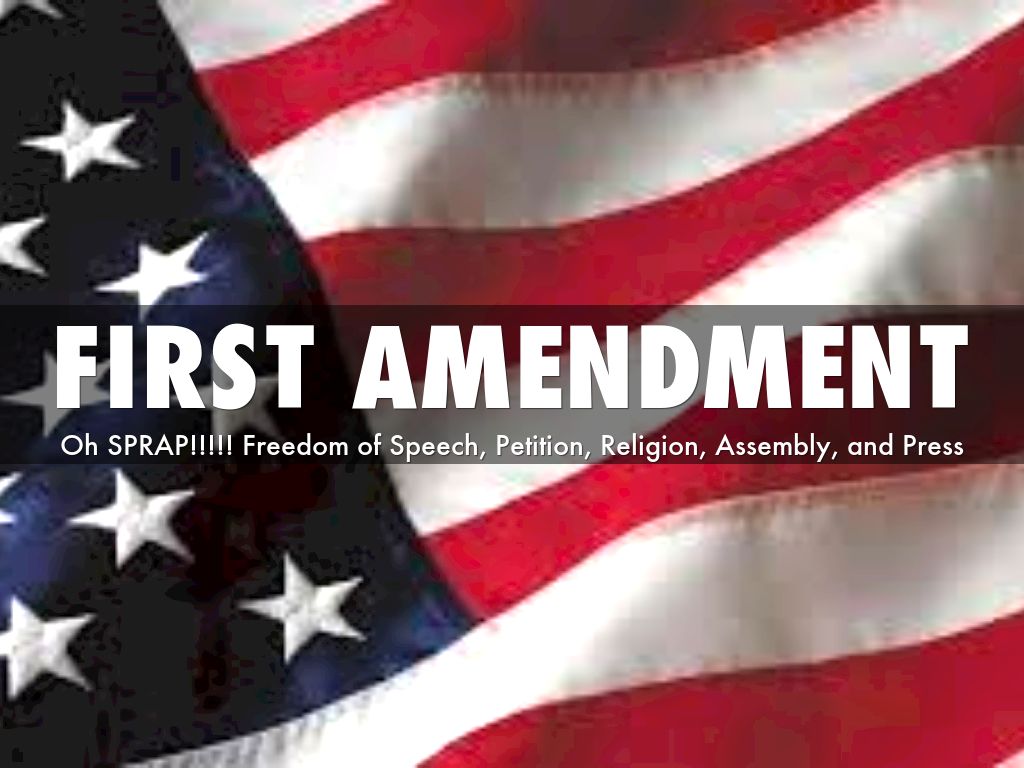

Opposition to ratification ("Anti-Federalism") was partly based on the Constitution's lack of adequate guarantees for civil liberties. įor the constitution to be ratified, however, nine of the thirteen states were required to approve it in state conventions. After a brief debate, Mason's proposal was defeated by a unanimous vote of the state delegations. Other delegates-including future Bill of Rights drafter James Madison-disagreed, arguing that existing state guarantees of civil liberties were sufficient and any attempt to enumerate individual rights risked the implication that other, unnamed rights were unprotected. George Mason, a Constitutional Convention delegate and the drafter of Virginia's Declaration of Rights, proposed that the Constitution include a bill of rights listing and guaranteeing civil liberties. Īfter several years of comparatively weak government under the Articles of Confederation, a Constitutional Convention in Philadelphia proposed a new constitution on September 17, 1787, featuring among other changes a stronger chief executive. However, these declarations were generally considered "mere admonitions to state legislatures", rather than enforceable provisions. In 1776, the second year of the American Revolutionary War, the Virginia colonial legislature passed a Declaration of Rights that included the sentence "The freedom of the press is one of the greatest bulwarks of liberty, and can never be restrained but by despotic Governments." Eight of the other twelve states made similar pledges. The right to petition for redress of grievances was a principle included in the 1215 Magna Carta, as well as the 1689 English Bill of Rights. James Madison, drafter of the Bill of Rights
Freedom of religion amendment free#
TextĬongress shall make no law respecting an establishment of religion, or prohibiting the free exercise thereof or abridging the freedom of speech, or of the press or the right of the people peaceably to assemble, and to petition the Government for a redress of grievances. Moreover, the Supreme Court has determined that protection of speech is not absolute. In addition to the right of assembly guaranteed by this clause, the Court has also ruled that the amendment implicitly protects freedom of association.Īlthough the First Amendment applies only to state actors, there is a common misconception that it prohibits anyone from limiting free speech, including private, non-governmental entities. The Petition Clause protects the right to petition all branches and agencies of government for action. United States (1971), the Supreme Court ruled that the First Amendment protected against prior restraint-pre-publication censorship-in almost all cases. The Free Press Clause protects publication of information and opinions, and applies to a wide variety of media. Commercial speech, however, is less protected by the First Amendment than political speech, and is therefore subject to greater regulation. The Supreme Court overturned English common law precedent to increase the burden of proof for defamation and libel suits, most notably in New York Times Co.
Freedom of religion amendment series#
Speech rights were expanded significantly in a series of 20th and 21st century court decisions which protected various forms of political speech, anonymous speech, campaign finance, pornography, and school speech these rulings also defined a series of exceptions to First Amendment protections. Board of Education (1947), the Court drew on Thomas Jefferson's correspondence to call for "a wall of separation between church and State", though the precise boundary of this separation remains in dispute and the terms "church" and "State" do not appear in the Amendment.

New York (1925), the Supreme Court applied the First Amendment to states-a process known as incorporation-through the Due Process Clause of the Fourteenth Amendment. Initially, the First Amendment applied only to laws enacted by the Congress, and many of its provisions were interpreted more narrowly than they are today. The Bill of Rights was proposed to assuage Anti-Federalist opposition to Constitutional ratification.

It was adopted on December 15, 1791, as one of the ten amendments that constitute the Bill of Rights. The First Amendment ( Amendment I) to the United States Constitution prevents the government from making laws that regulate an establishment of religion, or that prohibit the free exercise of religion, or abridge the freedom of speech, the freedom of the press, the freedom of assembly, or the right to petition the government for redress of grievances.


 0 kommentar(er)
0 kommentar(er)
